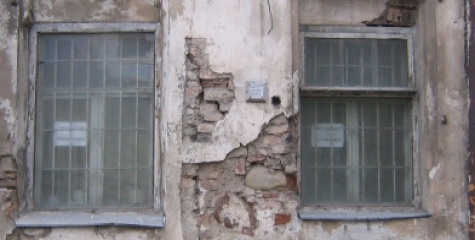WI-WE Progress
| Progress: 72.92% WWI-WE Version: 2 | |
| 0 | mandatory questions pending |
| 19 | questions total |
| 13 | questions answered |
| 13 | questions completed |
| 6 | questions pending |
Mapping Weak Signals
Inspired by: workshops/meetings » Increasing shortage of qualified labor force

Originally submitted by: Ondrej Valenta
List of all contributors by versions (mouse over)
Last changed by: Martin Fatun
WI-WE status:
.png)
